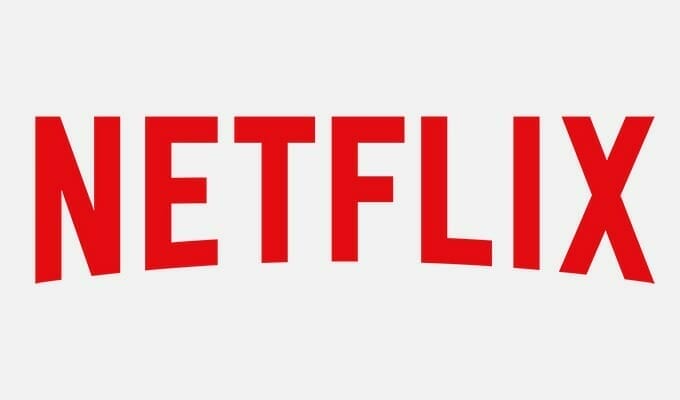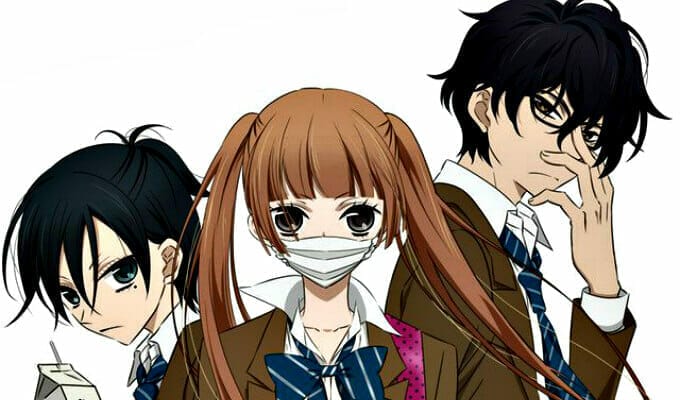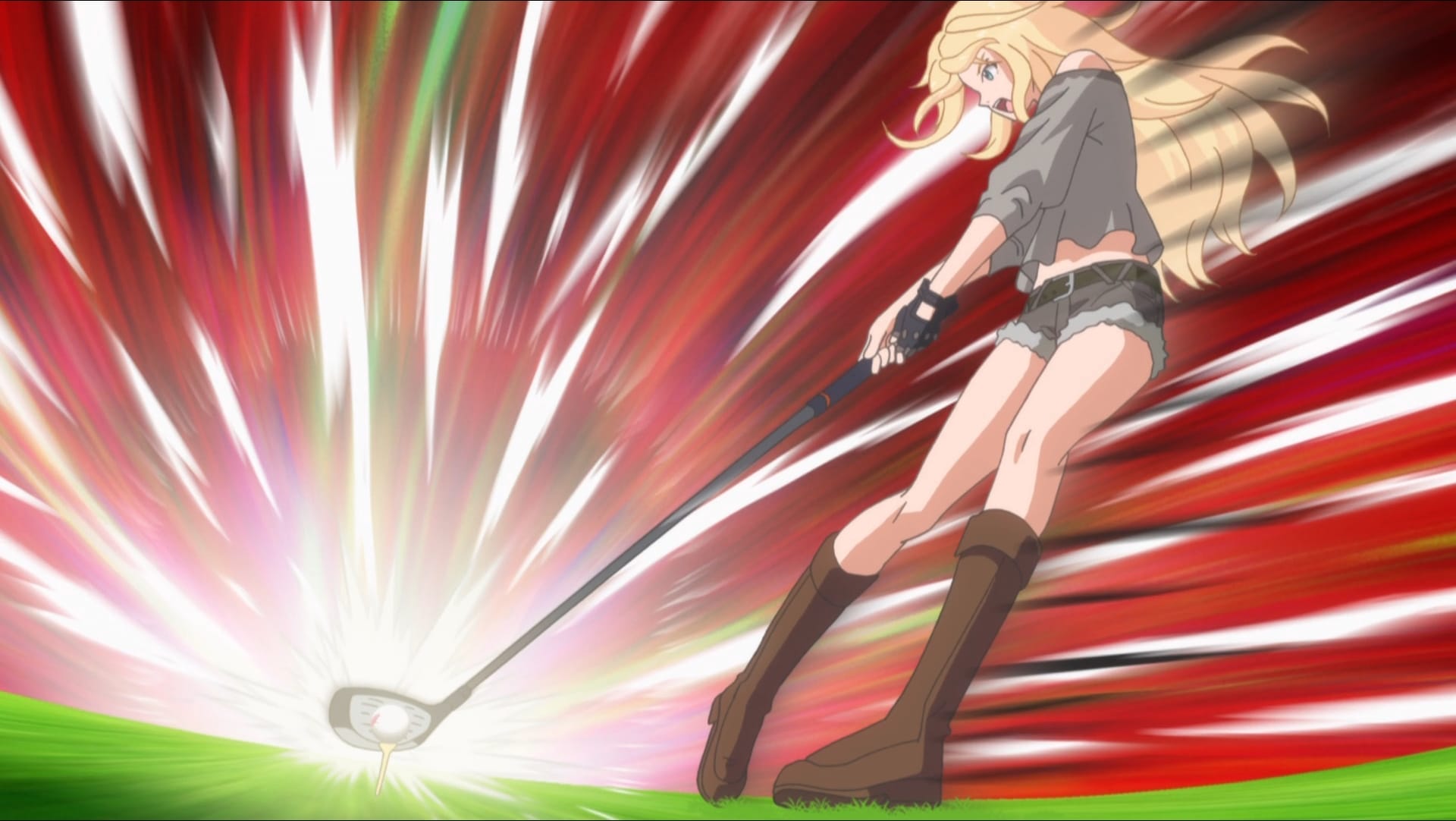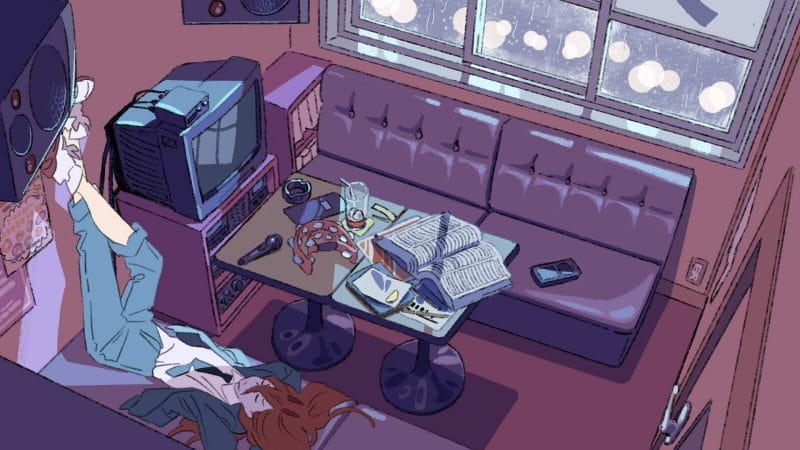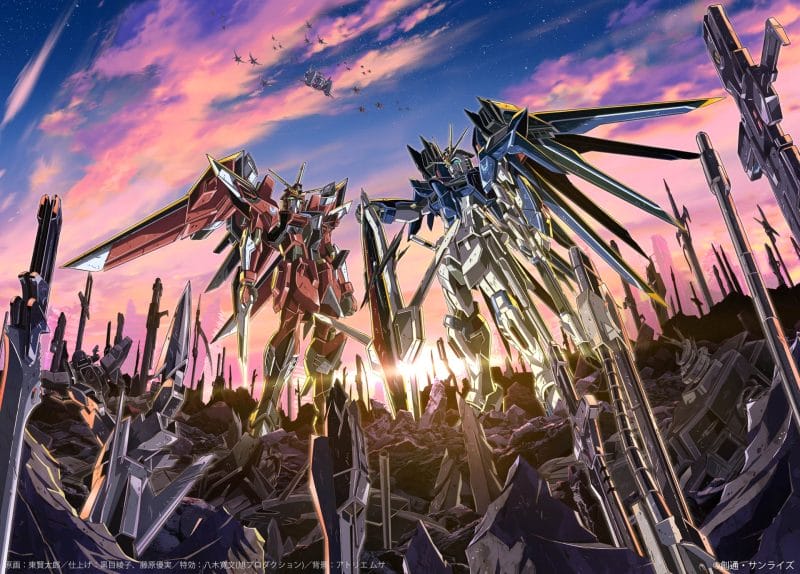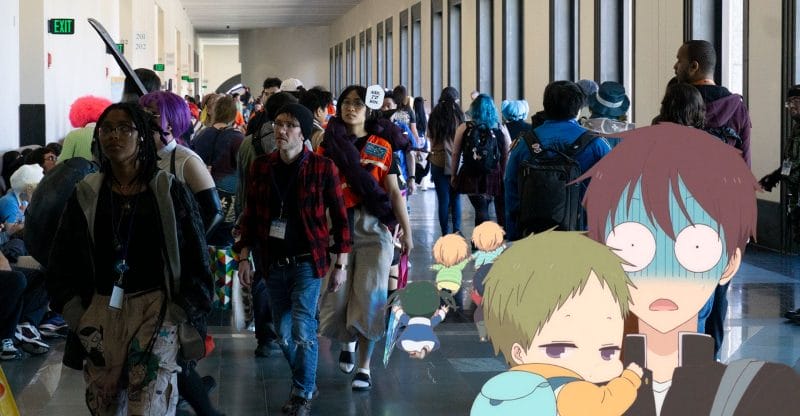 Earlier today, Nozomi Entertainment announced that they acquired the domestic rights to Princess Knight. The company will begin releasing the series on DVD next year. Nozomi’s release will include the English and Spanish dubs, though they will not include the Japanese audio due to the fact that available television masters are edited for American TV broadcast.
Earlier today, Nozomi Entertainment announced that they acquired the domestic rights to Princess Knight. The company will begin releasing the series on DVD next year. Nozomi’s release will include the English and Spanish dubs, though they will not include the Japanese audio due to the fact that available television masters are edited for American TV broadcast.
The reaction to the announcement has been muted, to say the least. While there is some genuine excitement about the license, it’s clear that there are detractors to the title’s acquisition. Some are griping about the lack of a dub, and others are upset about the fact that it’s a TV edit. Then, there remains a contingency that openly questions the sales potential of a fifty year-old series that exists in only dubbed format. In addition, questions began to arise regarding uncut Italian masters, and why the company chose to chase the dubbed release, instead of trying to get the uncut versions. Responses to questions came quickly on Twitter, where the company posted the following:
(This is a similar situation to our Astro Boy releases. Finding video & audio footage is difficult because people threw lots of stuff away…)
…
(The focus that we have now on preserving audio/visual materials for future generations just wasn’t there, at the time.)

Despite this, discussions continued on forums and social media, to the point that Right Stuf CEO Shawne Kleckner stepped into a conversation on the Anime News Network forums with the following:
The title, when dubbed into Italian, didn’t make the same cuts that the English version did when it was made in the late 1960s. The English audio will not overlay directly to the Japanese video due to significant cuts made by broadcasts and standards at the TV studios of the time for violence and other reasons.
Putting a license to get this title back into circulation, and including the original dub, has been a project I’ve been working on all the way back to the mid 1990s. There have been a very large number of hurdles to jump over.
In the mid 1970s, the original Mushi Production company went bankrupt, and there was no money to return anything back to Japan. There were also disputes as to who owned what after a liquidator sold off many of the old materials and intellectual property. A great many of the materials were junked. We were truly fortunate to be able to acquire over time some sort of materials from all 104 of the original Astro Boy episodes and 52 Kimba episodes, and from that even we had to do a great deal of salvage work piecing together video and audio footage from multiple sources to make a usable product.
I’m still looking for episodes of The Amazing Three, another great Tezuka classic that was dubbed into English in the 60s, in case anyone out there has some stored in their closet.
So, if we read into Kleckner’s responses, we can derive the following:
- The Italian adaptation of the show wasn’t edited to the same extent that the American adaptation due to differences in broadcasts and standards at the time.
- Due to Mushi Pro’s bankruptcy in 1970, many broadcasters couldn’t sent materials back to Japan.
- Liquidators sold much of the original materials off, even more were trashed.
- TRSI needed to do a great amount of legwork to get the series in its complete form, and even that needed to be pieced together from multiple sources
- The hunt for Princess Knight began in the mid-1990s
So, from Kleckner’s perspective, this is an archival release: it’s a way to return the title to market, against all odds stating it was impossible. While sales are important, it is clear that the release was a personal milestone for Mr. Kleckner, and a great contribution to the catalogging of anime’s history as a whole.
“A fifty year old show nobody remembers is important?”
Dear reader, this is a product of an era long forgotten. It’s a product from a time when anime titles joined American shows in the regular cartoon lineups. Shows like Speed Racer, Star Blazers, and the like were once regularly edited for dubbed for American consumption. And, dear reader, what were these called by the market?
“Bad dubs?”
Cartoons, reader. They were called cartoons, like the many shows that they aired with that ranged from Space Ghost and Herculoids, to Scooby Doo and the Superfriends.
“But that’s an insult!”
On the contrary, reader. That implies that the market had accepted these shows as their own, and consumed them along with the rest of what was offered. To regard these titles as peers to shows like Josie and the Pussycats. It’s quite flattering, to say the least.
“So where does Princess Knight fit?”
Well, Princess Knight was originally edited and dubbed by 1970 by Joe Oriolo. Legal disputes arose within the production company before it could be widely distributed. However, copies did escape, and aired on Saturday morning cartoon blocks around the country through the ’80s, usually as parts of other programs. Until Nozomi’s announcement, it was believed that the show was as good as destroyed, never to be released.
“And how will it sell?”
Honestly, I see the show selling on a combination of curiosity and desire. There is a decently large market that’s been asking for a license to Princess Knight, who will line up for the title if needed. Similarly, there is a smaller population that will purchase the show on its reputation as an influential work, or a quality program. There will be a segment that is alienated due to the format, of course, but just how large the group will be remains to be seen.
“What about Tezuka?”
Well, dear reader, that’s a fun little bit I’ll touch on tonight. While Tezuka’s a revered creator and a universally respected figure in the anime industry, his work doesn’t necessarily sell. While we all know Astro Boy, Black Jack, and the like, the actual market willing to pay money for his work remains dismally small.
So, for Princess Knight, it will be interesting to see just how things pan out.I certainly applaud Right Stuf for taking the steps to archive and release such an important title to the greater market, and I don’t doubt that the show will profit. However, just how wide the margins will be can’t be easily tracked at this point. As the release grows nearer, I’ll be returning to the title and taking a closer look at the overall market and its chances on the retail front.





